Birgitta Öjmertz
Ph.D.
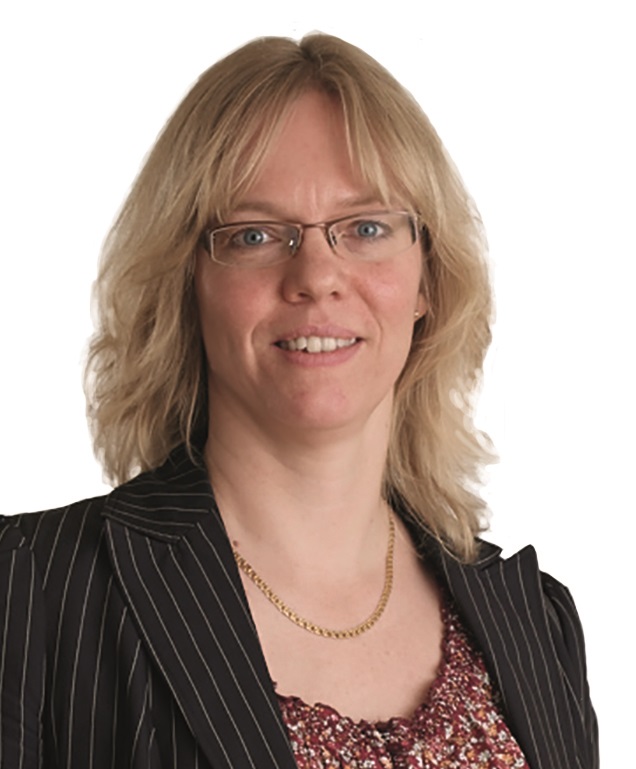
Project time: 2014 – 2017
Budget: 6 885 000 SEK
Funding: SIP Produktion2030
The overall objective of the SME Instrument is to increase companies’ competitiveness by giving them access to new technologies, new knowledge and new methods created within the Research and Innovation (R&I) projects within Produktion2030. The purpose of the project has been to:
Increase the number of companies using results from the R&I-projects
Increase the number of SMEs linked to Produktion2030
The goal has been to package results in the projects and transfer them to arenas for further dissemination to SMEs and make them available through, among other things, w ebsite.
Outcome:
15 out of 18 R&I-projects have packaged results intended for SMEs.
The TechnologyWorkshop concept, in which SMEs, in collaboration with researchers, gained knowledge of and tested results from the projects, has been developed, tested and evaluated with IUC Sverige for broader dissemination 2017.
Participation in activities in additional arenas, a total of 1500 participants in activities that the project management participated in, most of them together with researchers in R&I projects. Increased visibility of R&I-results by increased news flow on the website
The project has focused on packaging results from R&I-projects. This has been done in the form of workshops, booklets, apps, movies, digital education and guidelines.
Arenas to interact with for dissemination to SMEs have been identified and contacts have been made. The project has participated in seminars to report on the program and results of the R&I-projects. The TechnologyWorkshop concept has been developed together with IUC Sverige, where researchers and companies meet to process questions related to the R&I-projects in focus. The news flow on the website has been increased.
2017 – 2018
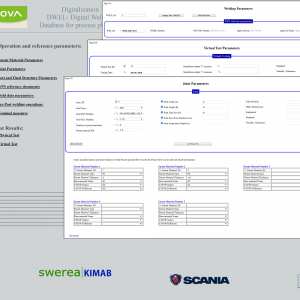
2017 – 2018
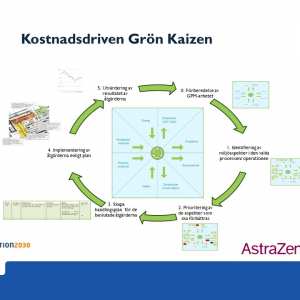
2015 – 2018
2015 – 2016
The SAPPA project is about innovative cloud-based predictive and preventive maintenance systems, improving availability of products and production systems.
2014 – 2016
2013 – 2016

2015 – 2016
With globalization and other megatrends as demographic changes and climate change, more knowledge is needed regarding production in an international perspective. PADOK Study Visit in India 2016 have given an increased knowledge regarding how production is conducted in India, some of the challenges producing companies in that region is facing and how Swedish companies interested in investing in production in India could act to establish themselves in the region.
2016 – 2016
2016 – 2016
2017 – 2020
2017 – 2018
Every manufacturing company measure and control production performance with a system of KPIs. The aim of the SMART-PM project is to investigate and demonstrate new ways of collecting data, transforming data to information and introducing new decision tools based on valid information and economic models of the production systems.
2018 – 2020
2015 – 2017
Tooling constitutes a significant part in the economical investment of the hot stamping process. Significant benefits in production economy and environmental benefits can be attained by improving the tribological performance in hot forming operations of automotive components. The main idea of this project is to create tailored tool surfaces on dies made from cheaper and easier to manufacture tool steel for the hot stamping of ultra-high strength steels.
2015 – 2018
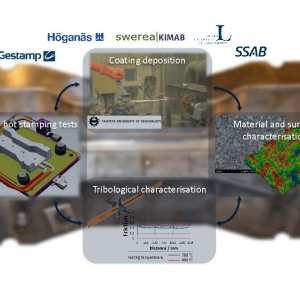
2014 – 2014
2017 – 2020
2017 – 2018
2016 – 2018
2017 – 2018
2015 – 2016
RemProLife aims at improving the use of life-cycle information to achieve more efficient remanufacturing from economic and ecological perpectives.
2013 – 2016
2014 – 2018
Increased sustainability and cost effectiveness through improved strategic decision-making in production issues based on new metrics system for production and development.
2015 – 2017
2015 – 2016
2017 – 2021
2016 – 2016
2017 – 2018
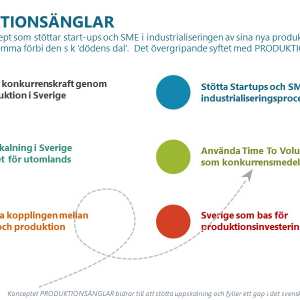
2017 – 2018
2017 – 2018
2015 – 2015
2014 – 2016
2015 – 2016
The project focuses on economic and environmental sustainability and increased industrial competitiveness.
2017 – 2018
2015 – 2015
2016 – 2017
2016 – 2016
2014 – 2017
2016 – 2019
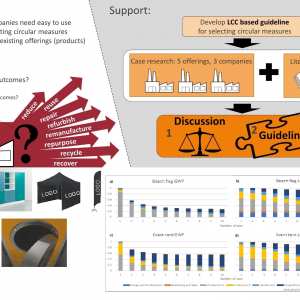
2014 – 2017
2017 – 2018
2015 – 2016
2015 – 2016
2016 – 2016
2015 – 2016
2015 – 2016
Reduced lead times and improved performance for tooling through innovative manufacturing and assembly strategies as well as optimised design enabled by use of additive manufacturing (AM).
2016 – 2018
2015 – 2016
2013 – 2016
2015 – 2016
2013 – 2017
2014 – 2017
2013 – 2017
2017 – 2019
2016 – 2017
2014 – 2017
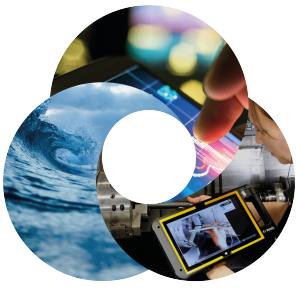
2014 – 2017
2016 – 2018